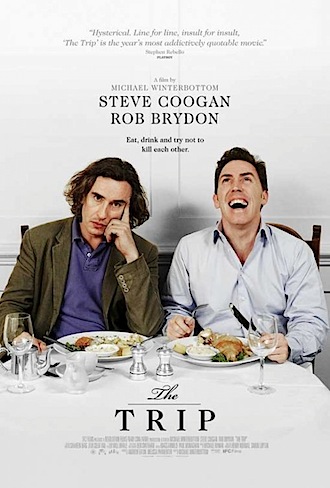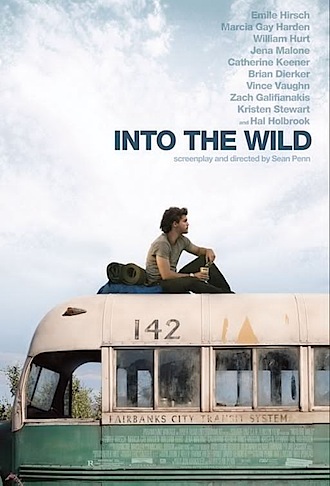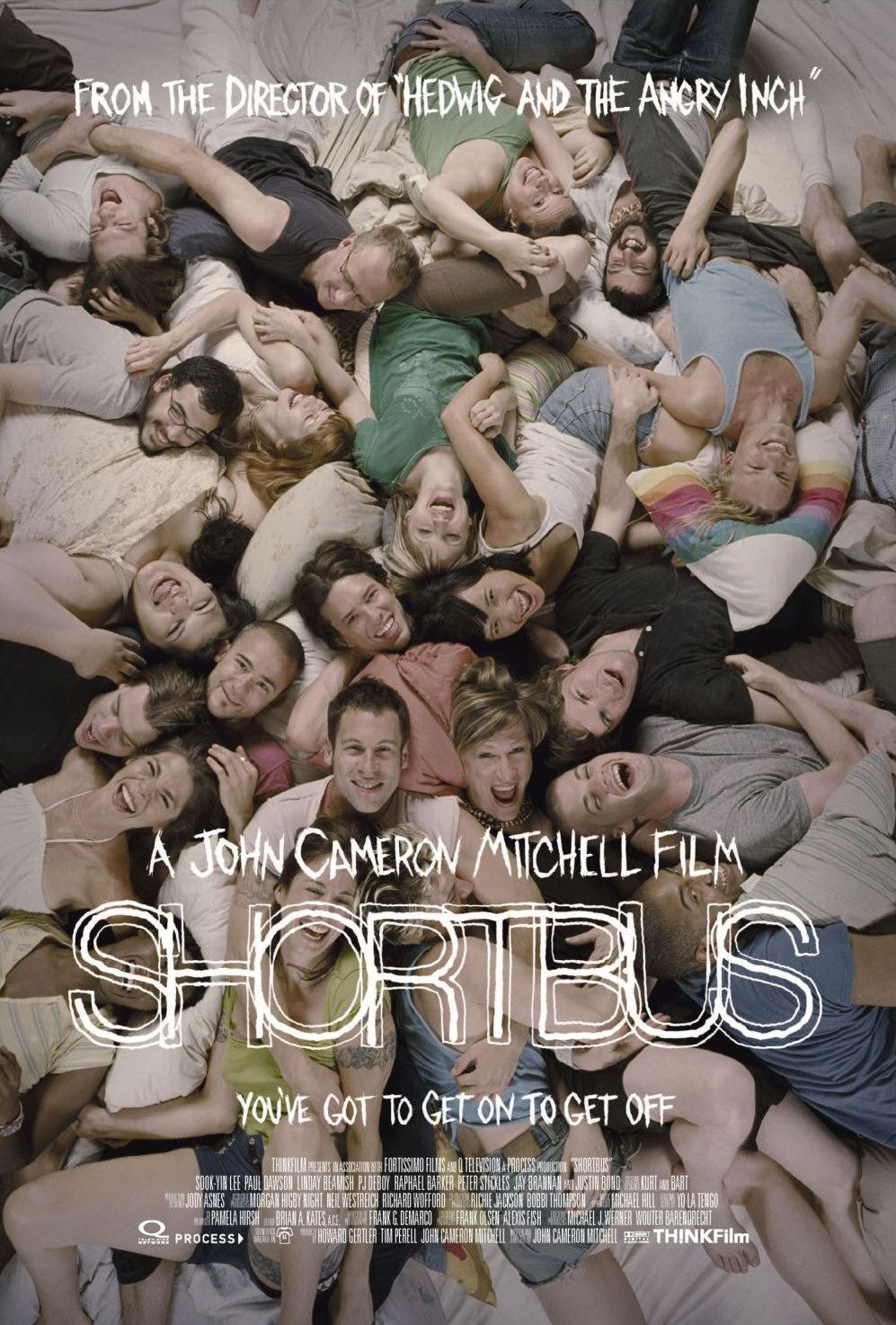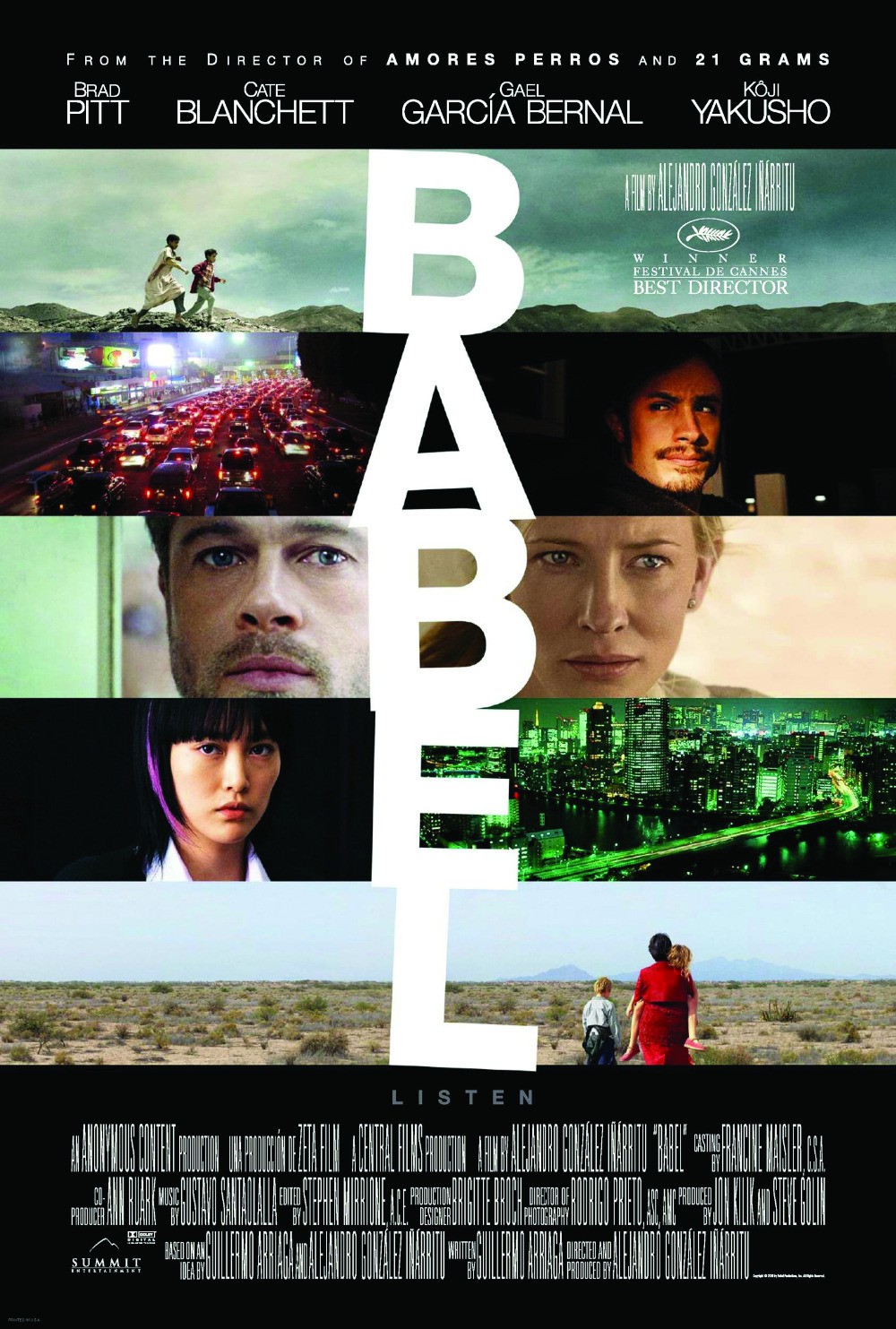Anyone wondering whether the great Pedro Almodóvar had lost some of his edge at the ripe old age of 62 should immediately check out his new film The Skin I…
Read More

Michael Winterbottom’s The Trip is the best picture about middle-aged male angst since Sideways, and it’s possibly even better than that fine film. Two privileged English celebrities spend a week…
Read More
Before Jerry Dammers and The Special AKA wrote that song about him in 1983, I didn’t know who Nelson Mandela was. When I bought the record and read the story…
Read More

And so, after 191 films viewed and reviewed here I get to sum up the 2007 cinema year. As I said back in September it’s been a great year for…
Read More

Here's the review I submitted to the Capital Times for this week. Who knows which one they'll print as they have a couple up the spout and this was delivered…
Read More

This week’s Capital Times column. No reviews due to the Christmas break, instead a preview of a few titles to expect in 2007.
Read More
